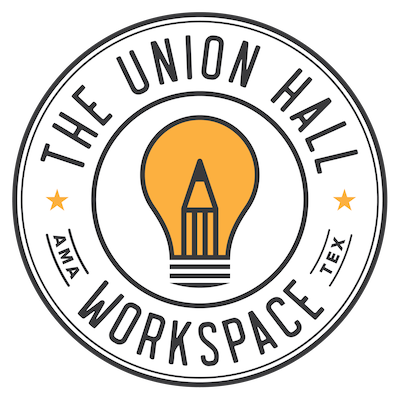New year, new routine
Today, many employees are struggling to find their place in the work environment, which is no longer dependent on the traditional nine-to-five job at a corporate headquarters.
Routines can be an invaluable tool for providing structure and stability as well as creating a plan for how best to use your time, energy and focus. Here are some helpful tips for establishing a routine that works for you:
Understand your needs
Start by assessing your specific needs. Take note of any behavior patterns or distractions that prevent you from achieving the tasks that need completing. Address those issues when formulating your new routines so they become easier to maintain. Arthur B. Markman, professor of psychology at the University of Texas and author of “Bring Your Brain to Work: Using Cognitive Science to Get a Job and Do It Well” suggests this approach when setting up new habits.
Create the right environment
Much of our behavior is heavily influenced by our environment, and this is something that Markman emphasizes when discussing how to set up a productive workspace. The goal should be making desirable work behavior easy and undesirable behaviors difficult. This could be done with a private office, setting up a home office, or using some combination of both.
Furthermore, it's important to make sure that your workspace is free from distractions such as phones or other devices that can cause unnecessary interruptions while trying to focus on work tasks. Additionally, it can help to keep things organized so that all of your materials are easily accessible and clutter-free which will help keep you productive and motivated during work sessions. Finally, having a dedicated workspace can also help increase feelings of motivation as well as boost concentration levels which are key factors when creating effective strategies for success in any endeavor.
Consider visiting Union Hall to create a productive environment
Time Blocks
Once you’ve identified areas to improve on, break down larger tasks into more manageable pieces so as not to overwhelm yourself with too much at once. Consider allocating specific chunks of time in your day dedicated to accomplishing each task rather than attempting it all at once. This can help give you greater control over what needs doing and avoid unnecessary stress caused by trying to do everything in one go.
Reward yourself
Another useful tip is to create rewards for yourself upon successful completion of a task or project - this could be something like taking a short break afterwards or treating yourself with something special after putting in long hours working on something important. Rewarding yourself periodically can also help keep motivation levels high which will make it easier for you to stay focused on getting the job done efficiently.
Lastly, try not to overwhelm yourself with expectations or goals that are too difficult or unrealistic to achieve within your current situation – set realistic targets that are within reach and don’t put too much pressure on yourself in terms of what needs doing throughout the day as this will only lead to frustration and burnout later on down the line!
Sign up for a coworking space today! You won't regret it.

